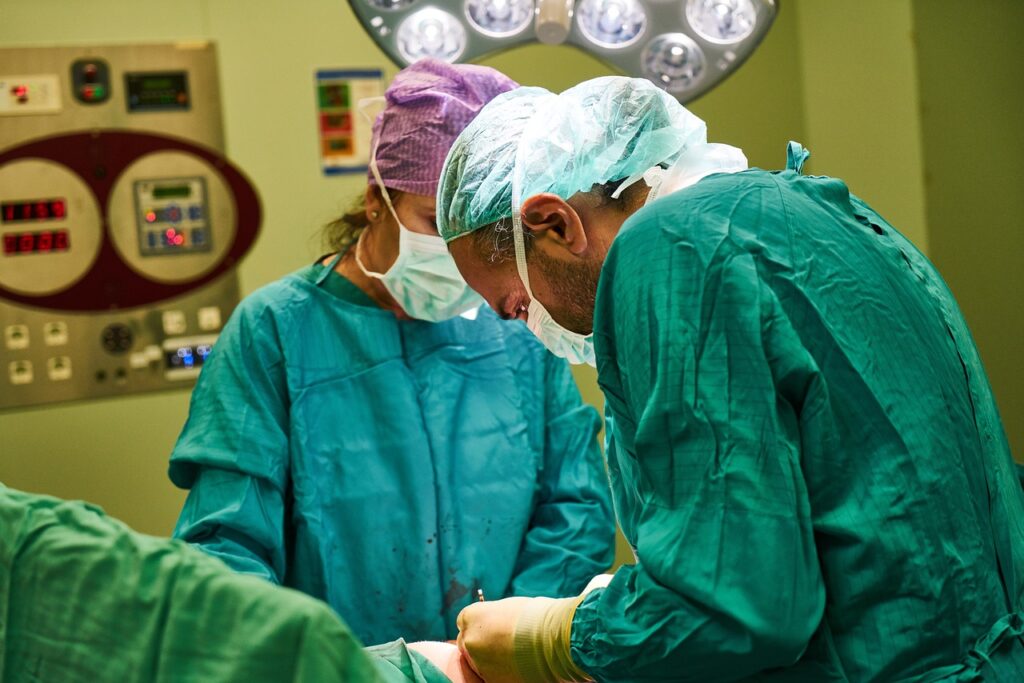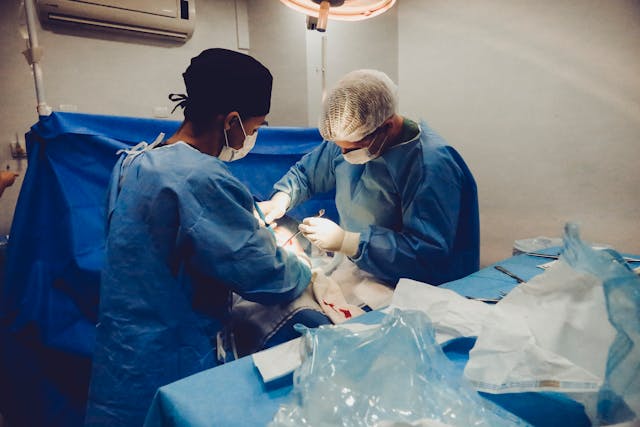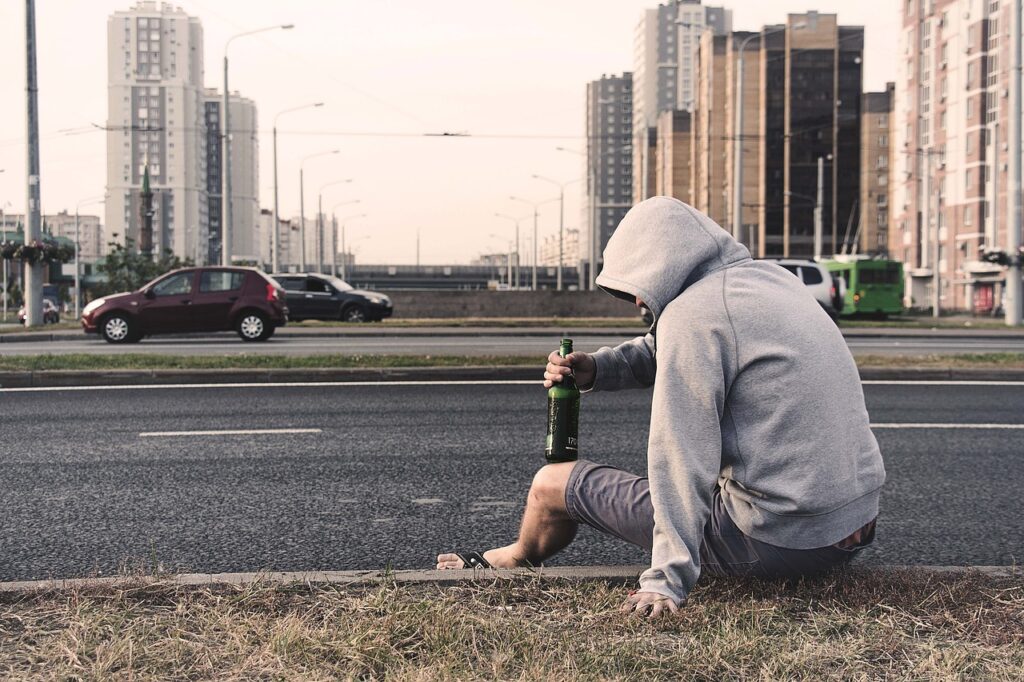
Rotator cuff surgery can be a significant step towards regaining mobility and reducing pain in your shoulder. Whether you’ve undergone the procedure to repair a tear or relieve impingement, understanding the recovery process is crucial to your rehabilitation. This article provides a friendly and informative overview of what to expect during recovery, including a timeline, essential tips, and the role of physical therapy. For more information, visit https://babyboomer.org/contributors/ben-graham/what-to-wear-after-shoulder-or-rotator-cuff-surgery/.
Understanding Rotator Cuff Surgery
The rotator cuff is a group of muscles and tendons that stabilize your shoulder joint and enable a wide range of movements. Surgery may be necessary if you have a tear that hasn’t responded to conservative treatments, such as physical therapy or medication. The procedure can vary depending on the severity of the tear but generally involves reattaching the tendon to the humerus (the bone of your upper arm).

Recovery Timeline
Recovery from rotator cuff surgery can vary based on the extent of the injury, the type of surgery performed, and your overall health. However, here’s a general timeline to give you an idea of what to expect:
First Few Days Post-Surgery
After surgery, you may experience pain and discomfort. Your doctor will prescribe pain medication to help manage this. You’ll likely wear a sling to immobilize your shoulder and arm for the first few weeks. This helps protect the surgical site and allows healing to begin.
Week 1 to 2: Initial Healing Phase
Typically, you’ll have a follow-up visit with your surgeon to check your progress and remove any stitches if necessary. During this time, focus on keeping the shoulder immobilized and following your doctor’s advice regarding movement.
Week 3 to 6: Gentle Movement
Your doctor may refer you to a physical therapist. They will guide you through gentle range-of-motion exercises to prevent stiffness and promote healing. You might be allowed to gradually increase activities as tolerated. However, avoid any heavy lifting or overhead movements during this phase.
Weeks 6 to 12: Strengthening Phase
 As your shoulder begins to heal, your physical therapist will introduce more challenging exercises to build strength and stability. Depending on your progress, you may start to resume light daily activities. However, it’s essential to listen to your body and avoid overexertion.
As your shoulder begins to heal, your physical therapist will introduce more challenging exercises to build strength and stability. Depending on your progress, you may start to resume light daily activities. However, it’s essential to listen to your body and avoid overexertion.
3 to 6 Months: Full Recovery
Your therapy will continue to focus on strength, flexibility, and range of motion. By this time, most patients can expect to regain significant function in their shoulder. If you’re an athlete, your therapist will help you gradually return to your sports and activities while monitoring your shoulder’s response.
The Role of Physical Therapy
Physical therapy is a critical component of your recovery from rotator cuff surgery. A skilled therapist will work with you to:
- Assess Your Condition: Evaluate your shoulder’s range of motion and strength.
- Develop a Customized Plan: Create a tailored rehabilitation plan that addresses your specific needs and goals.
- Guide You Through Exercises: Teach you exercises that promote healing, improve flexibility, and build strength.
- Monitor Progress: Regularly assess your progress and adjust your therapy plan as needed.
In Conclusion
Recovering from rotator cuff surgery can be a challenging journey, but with the right approach and mindset, you can regain your strength and mobility. By understanding the recovery timeline, following essential tips, and engaging in physical therapy, you can navigate this process more smoothly. Remember, patience is key, and celebrating small victories along the way can make a significant difference in your recovery journey. Wishing you all the best as you work toward a strong and pain-free shoulder.…


 The first and most important tip for recovering from
The first and most important tip for recovering from  The second tip for recovering from addiction is to join a support group. Whether it be a 12-step program or another type of support group, surrounding yourself with individuals working towards recovery can provide valuable insight and accountability in your journey. There are many support groups available, both in-person and online. Finding one that is the right fit for you can be helpful in your recovery process. You’ll be shocked at the level of understanding and camaraderie.
The second tip for recovering from addiction is to join a support group. Whether it be a 12-step program or another type of support group, surrounding yourself with individuals working towards recovery can provide valuable insight and accountability in your journey. There are many support groups available, both in-person and online. Finding one that is the right fit for you can be helpful in your recovery process. You’ll be shocked at the level of understanding and camaraderie. Lastly, developing healthy coping skills is a crucial tip for recovering from addiction. This can include practicing relaxation techniques, finding new hobbies, and engaging in physical activity. Finding positive outlets to cope with stress and difficult emotions can prevent relapse and aid in overall recovery. If you struggle, you must reach out for help and support. Some are ashamed to ask for help but remember that recovery is a journey, and it is okay to reach out for assistance. This is a crucial step in your recovery process.
Lastly, developing healthy coping skills is a crucial tip for recovering from addiction. This can include practicing relaxation techniques, finding new hobbies, and engaging in physical activity. Finding positive outlets to cope with stress and difficult emotions can prevent relapse and aid in overall recovery. If you struggle, you must reach out for help and support. Some are ashamed to ask for help but remember that recovery is a journey, and it is okay to reach out for assistance. This is a crucial step in your recovery process.